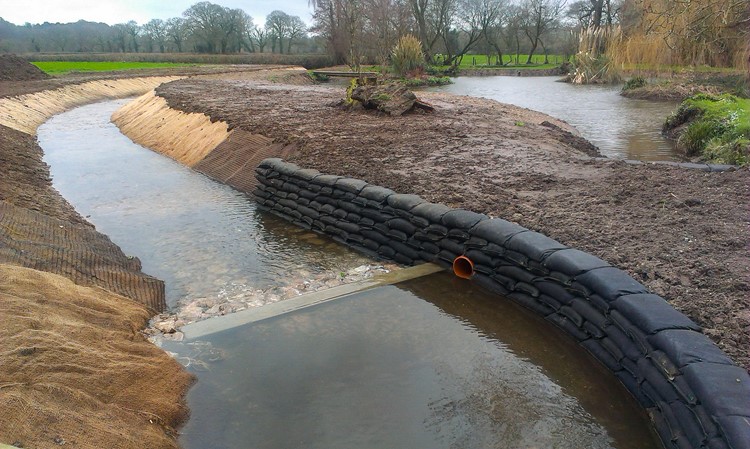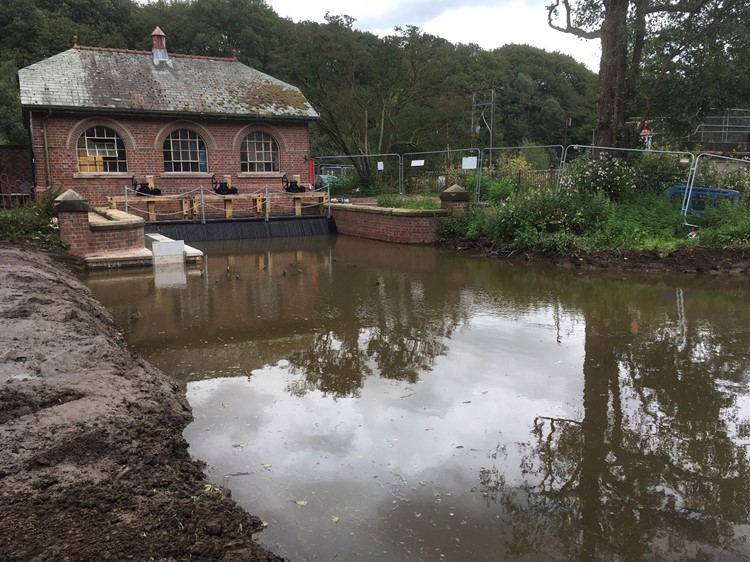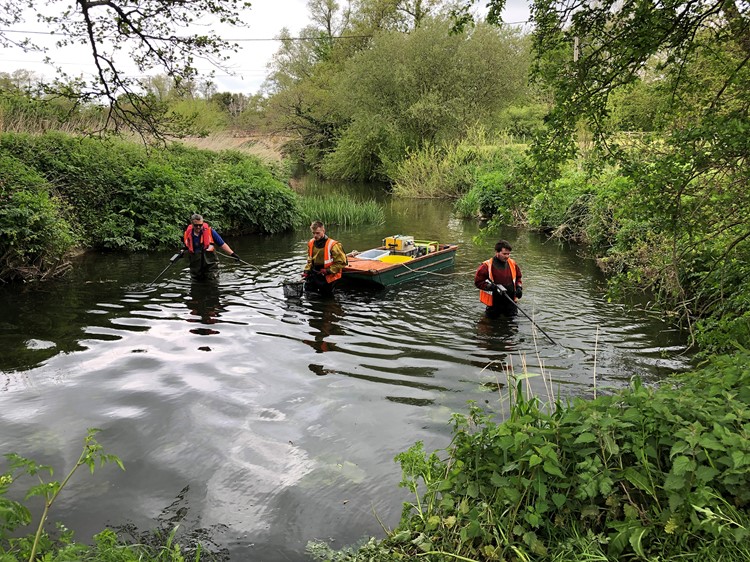Environmental engineering for people and planet
Stonbury is working within the water environment sector to deliver sustainable management solutions that safeguard the planet and its inhabitants.
Under the Water Framework Directive (WFD) and the Water Industry National Environment Programme (WINEP) the water industry has a moral and legal obligation to deliver programmes that increase flood and drought resilience, improve water quality and enhance biodiversity. Operating with water companies, government agencies and clients across the industry, Stonbury is pleased to offer water environment management solutions that protect people and improve the environment.
Protecting people
Increasing pressure from climate change and urban expansion means that coastal, river and catchment management is vital to protect residents and retain the quality of our watercourses. Stonbury also recognises that in order for the water industry to meet its obligations and ambitious 2030 net zero carbon target, there is an urgent need to incorporate nature-based solutions into its development programmes.
Working with clients, including the Environment Agency under a two-part framework contract under its Flood and Coastal Risk Management programme, Stonbury provides both small-scale maintenance and long-term flood defence, drought alleviation and coastal engineering solutions that utilise traditional techniques where necessary and promote green engineering methods where possible.
Traditional works include revetments, embankments and channel modification such as excavation, widening, reprofiling and stabilisation. Stonbury is keen to promote green solutions such as Flex MSE vegetated walls in place of aggregate retaining structures, and the creation of wetlands that can provide multiple functions including flood attenuation, drought alleviation, pollution control and habitat enhancement.
In addition, Stonbury’s Swiftwater-trained teams are competent to provide installation, inspection and maintenance of a variety of stone, brick or concrete assets including weirs, penstocks, sluices and other coastal and riverine infrastructure. Teams also regularly undertake works to improve conveyance, including culvert and trash screen clearances, and removal of silt, debris and vegetation.
Improving the environment
The WFD states that all surface water bodies in Europe must achieve a good chemical and ecological status by 2027 but less than a fifth of the UK’s waters meet this requirement. As a result, Stonbury is contracted by water companies, government agencies, local councils and other organisations to implement restoration projects which improve water quality and encourage biodiversity in both natural and artificial water bodies.
Restoration works include planting of terrestrial and aquatic species; control of invasive non-native species (INNS); floodplain creation; river re-shaping; and construction of river features such as riffles, deflectors, and faggots – which encourage natural siltation and vegetation growth, create habitat, and help protect banks and riverbeds from natural erosion.
Barriers to wildlife such as weirs and dams are an additional obstacle to obtaining an ‘ecologically good’ classification under the WFD. Eels in particular have highly specific migration requirements, and due to declining numbers, water companies are duty-bound to protect them. Stonbury installs a range of passes unique to the specific environment, including bypass channels, Larinier fish passes, and both pumped and gravity-fed eel passages.
Minimising impact
Stonbury’s focus on integrity, respect and welfare extends far beyond its own walls as the company continues to drive innovation by advocating an integrated approach to water management – using materials and construction methods that are sustainable, low-carbon and fair to the planet and its inhabitants.
Each nature-based and conventional scheme is programmed to minimise environmental impact through the use of bio-friendly and locally-won materials, on-site recycling, and deployment of specialist teams trained in biosecurity, sensitive habitats, protected species and safe fish rescue for dewatering operations.
Stonbury is proud to share a range of water environment management solutions that address the challenges of climate change and habitat degradation and aim to play a pivotal role in helping the water industry and water environment sector protect natural resources and future-proof our planet.
“At Stonbury, sustainability is at the heart of everything we do and we are proud to work with our clients to help make a difference to protect and enhance our environment."




